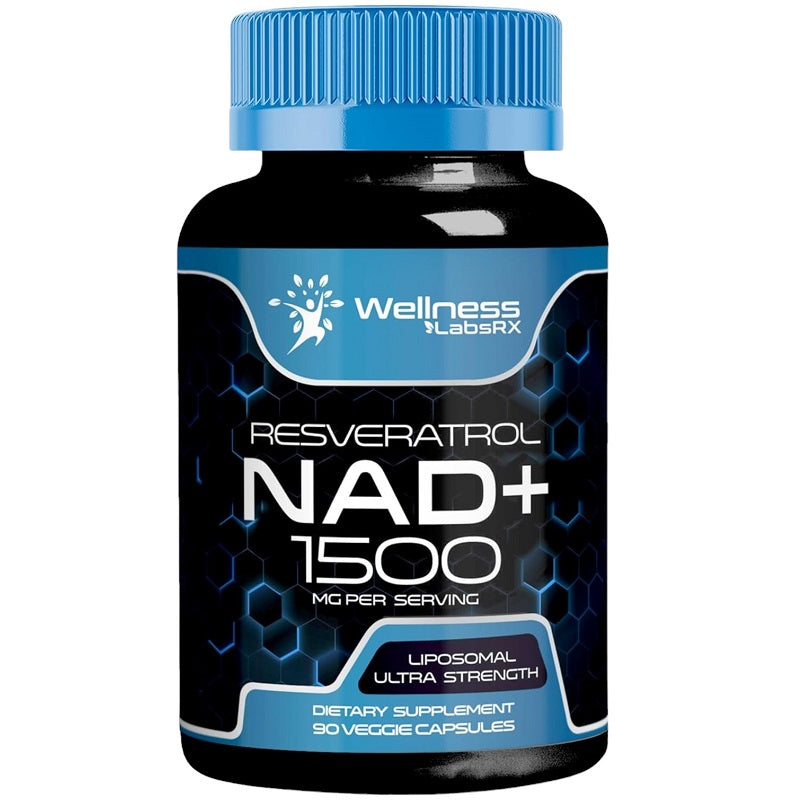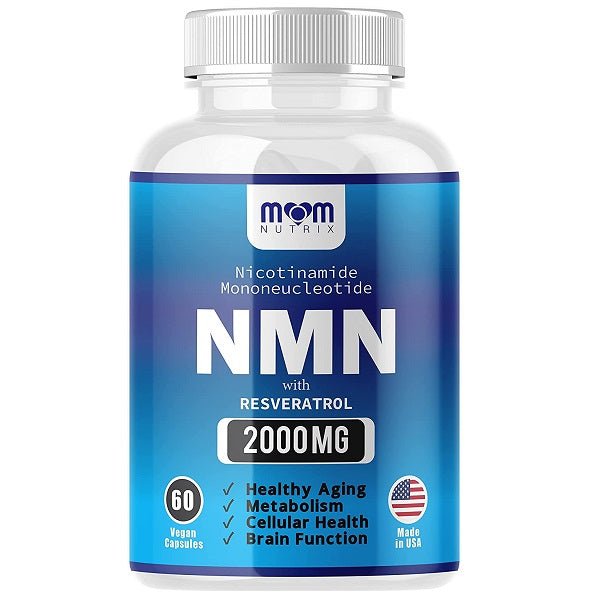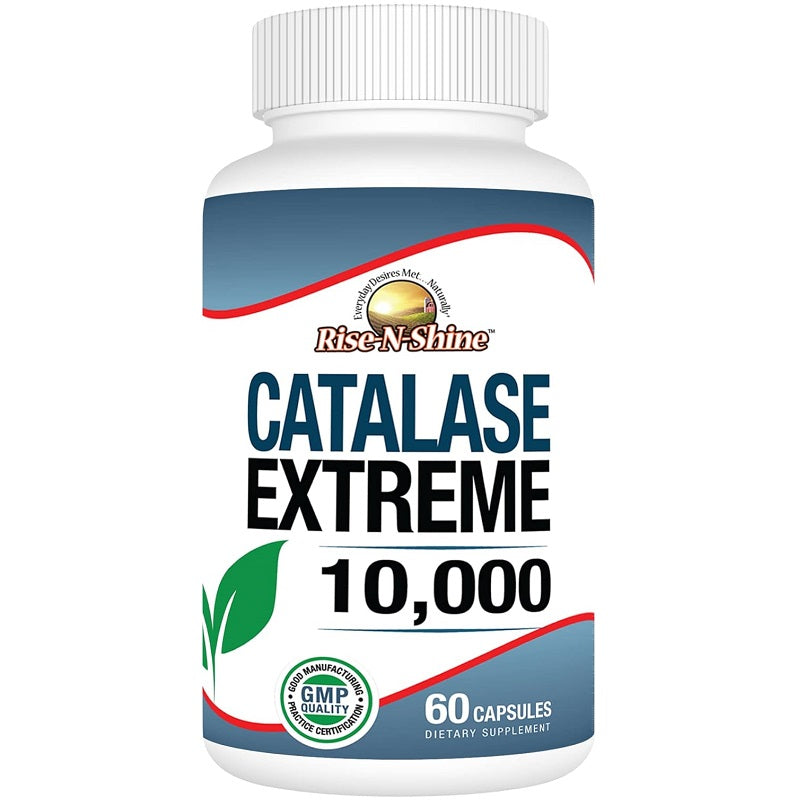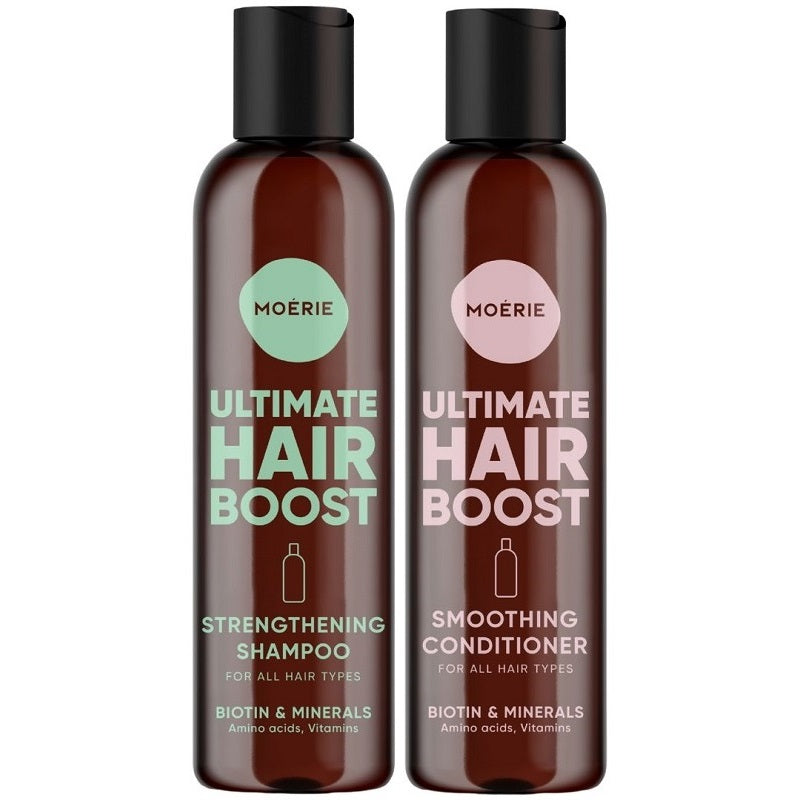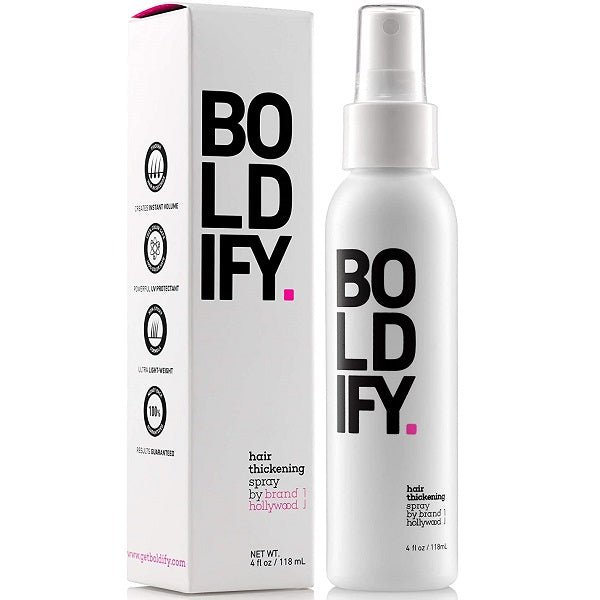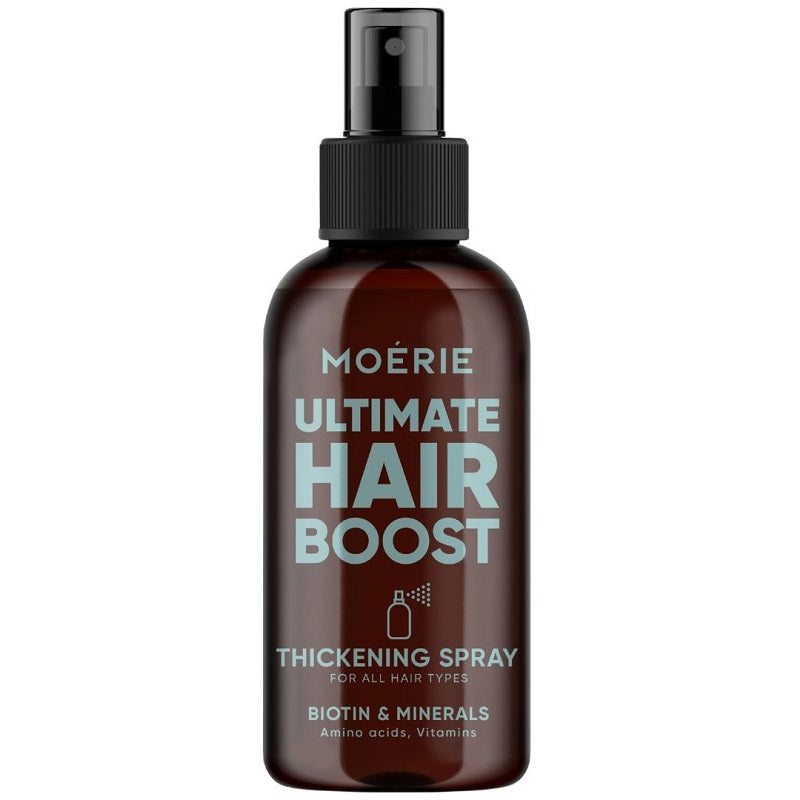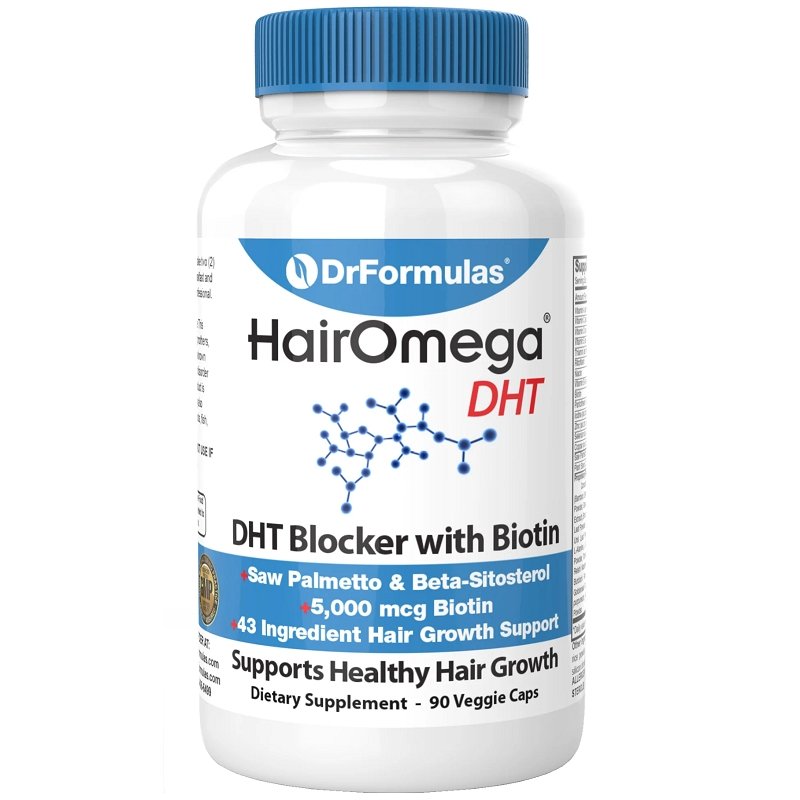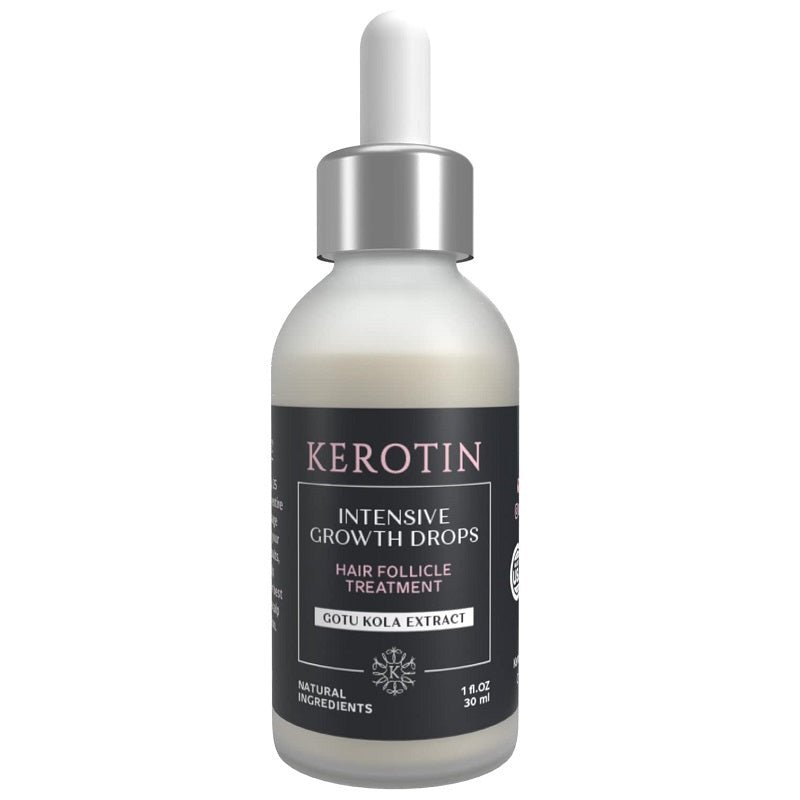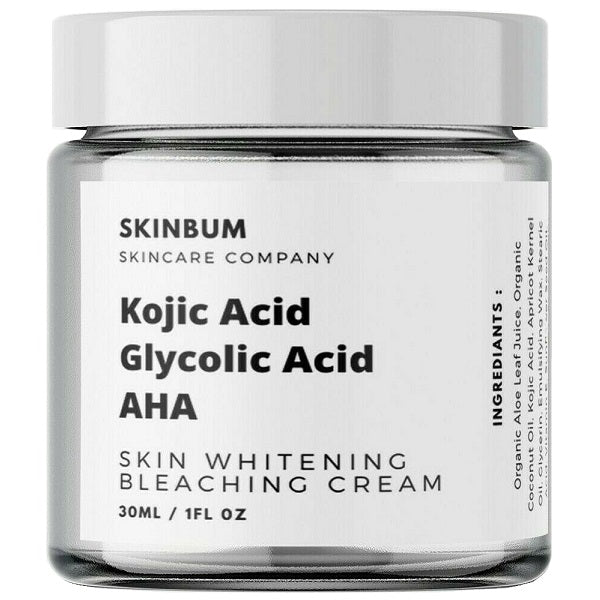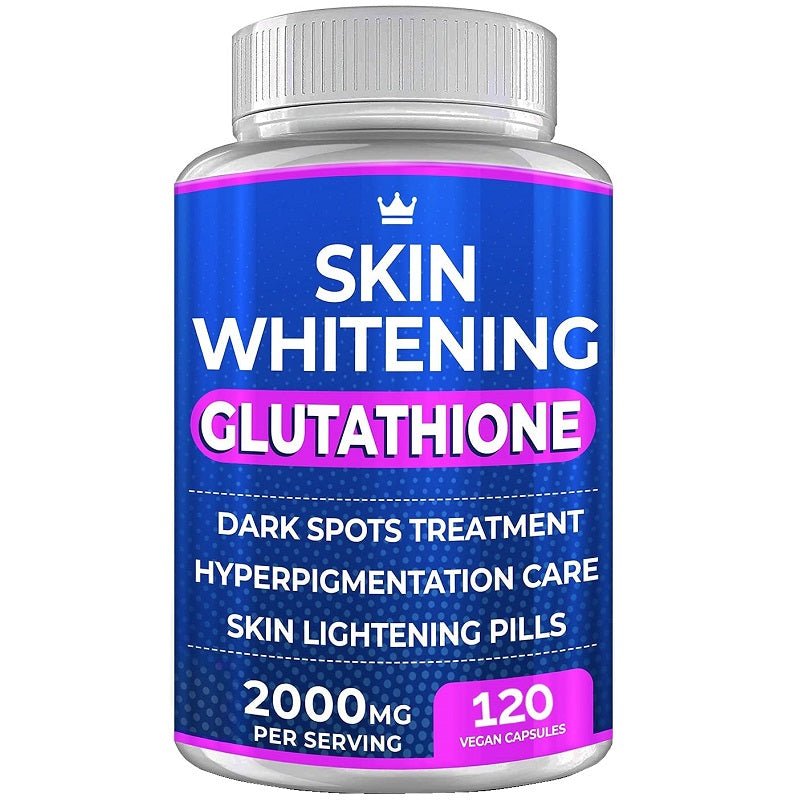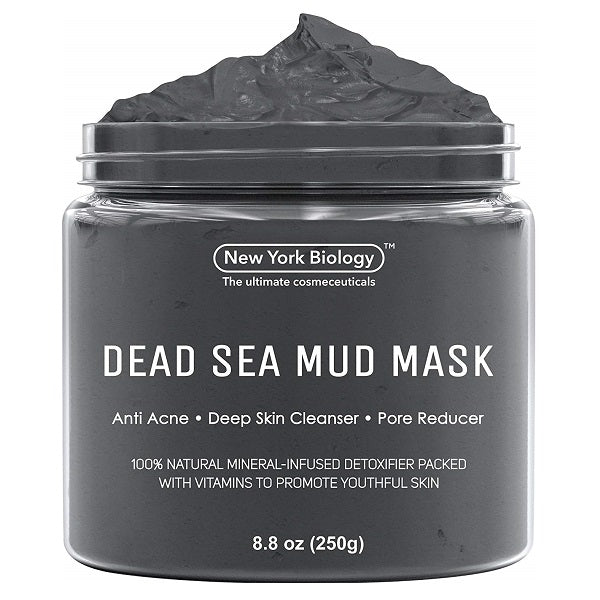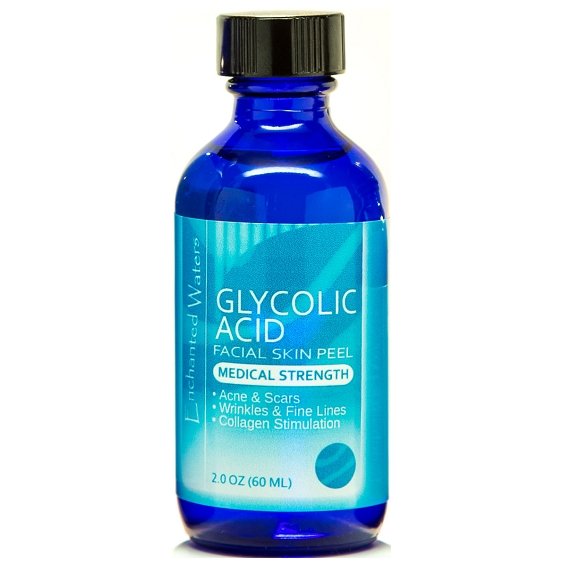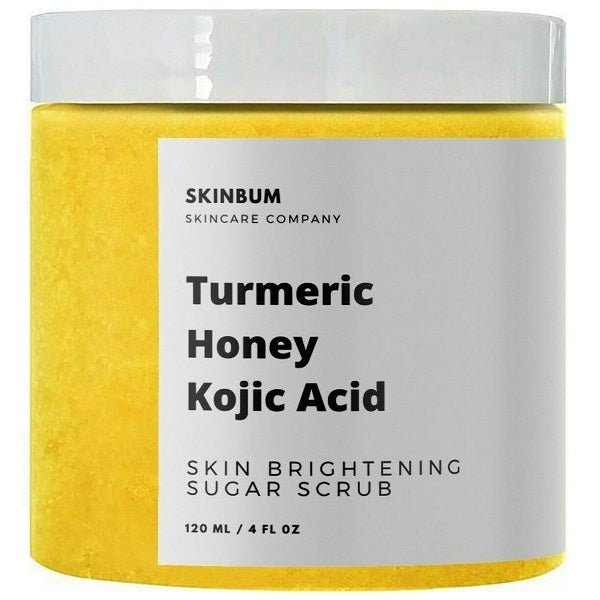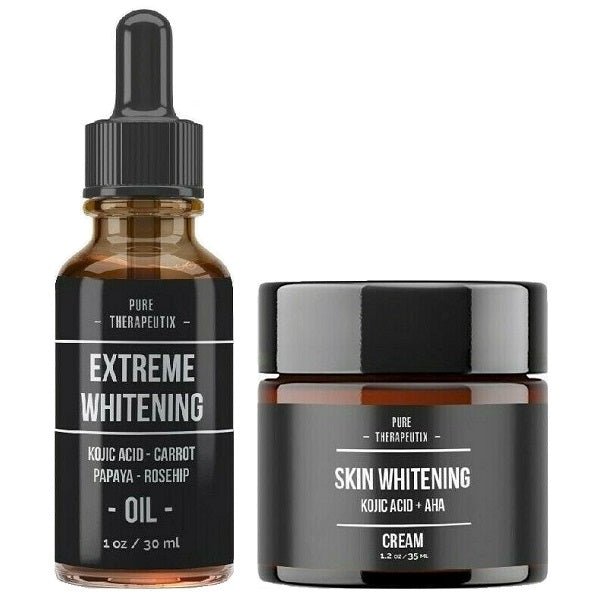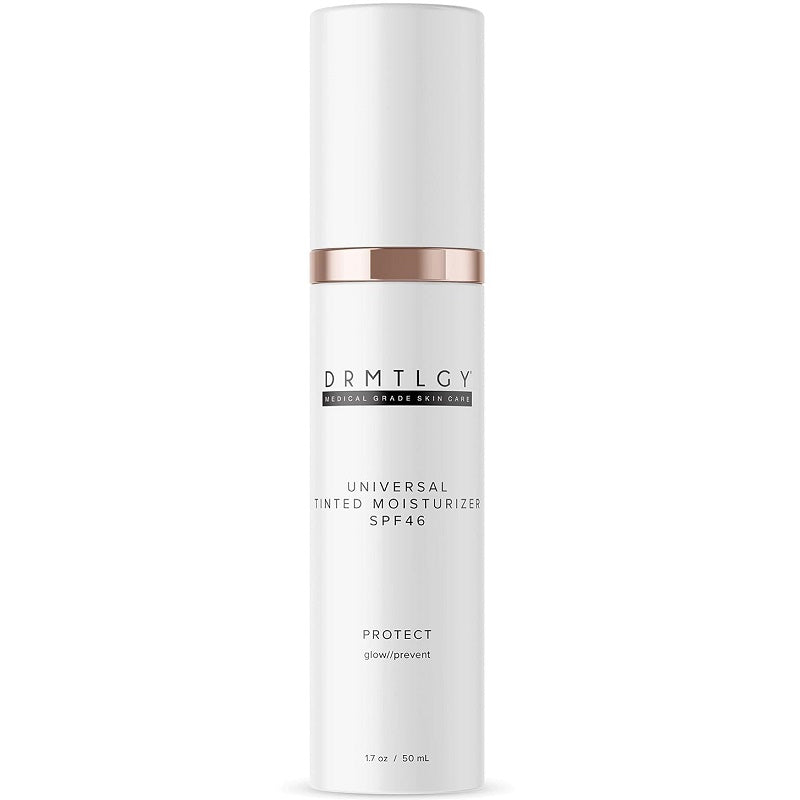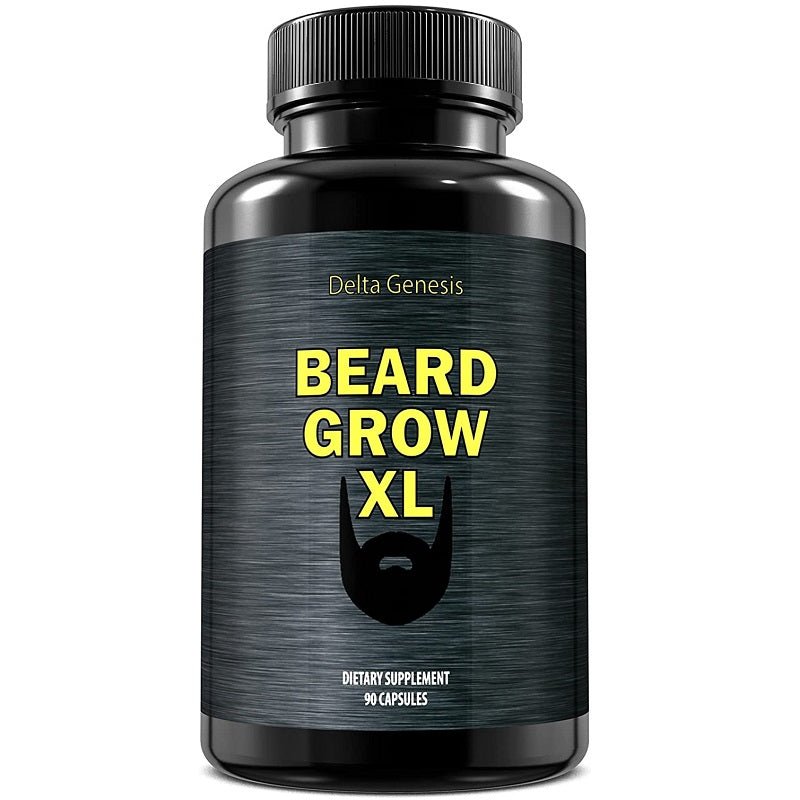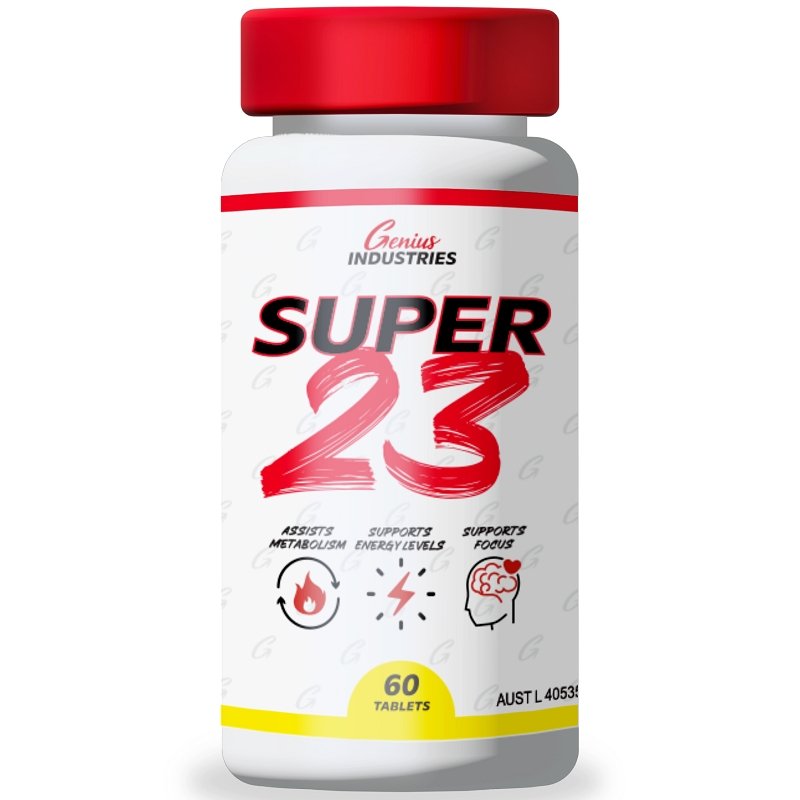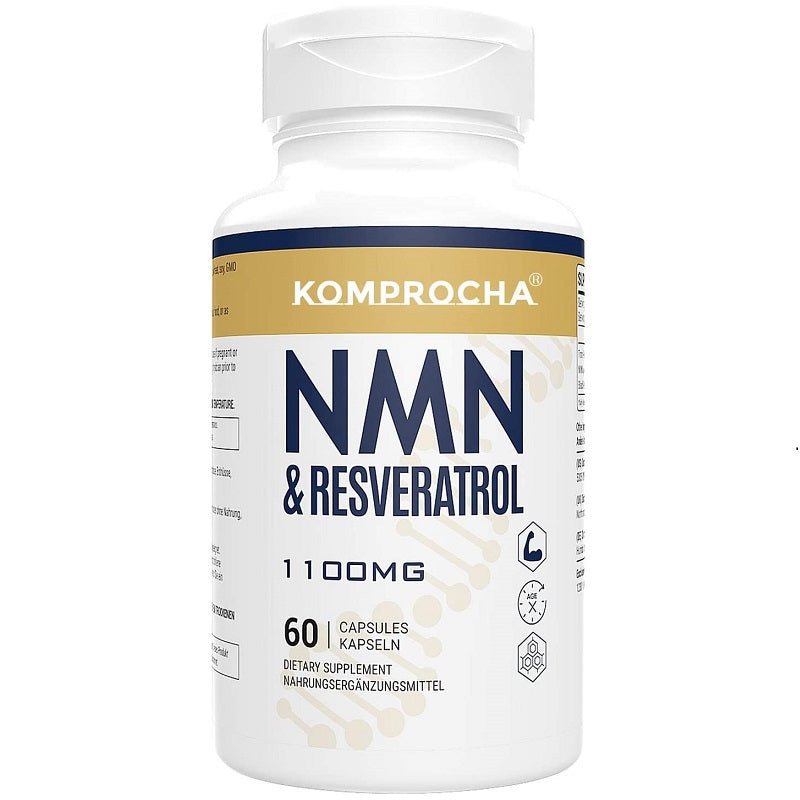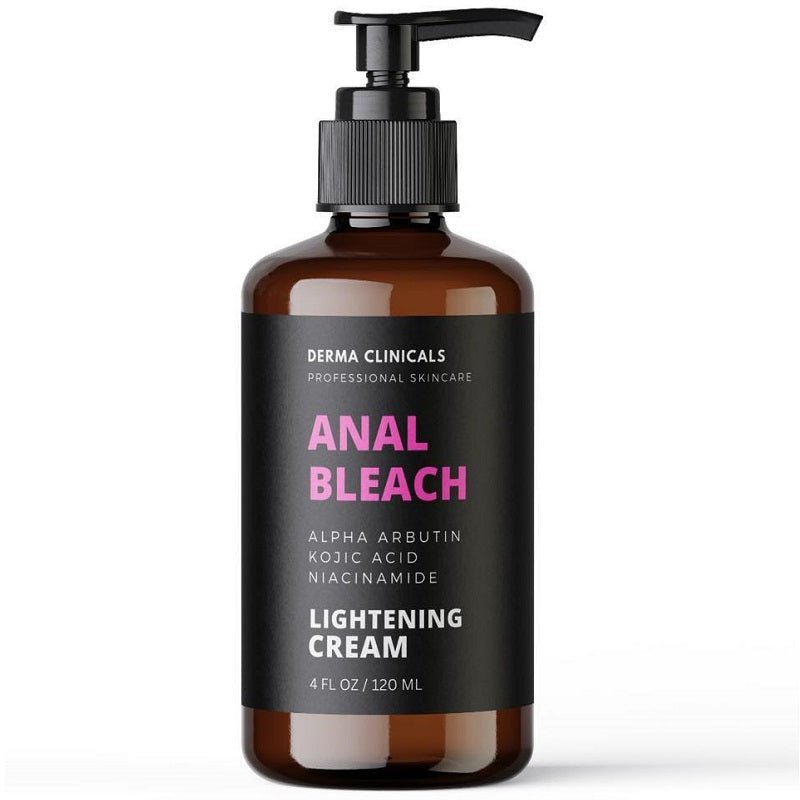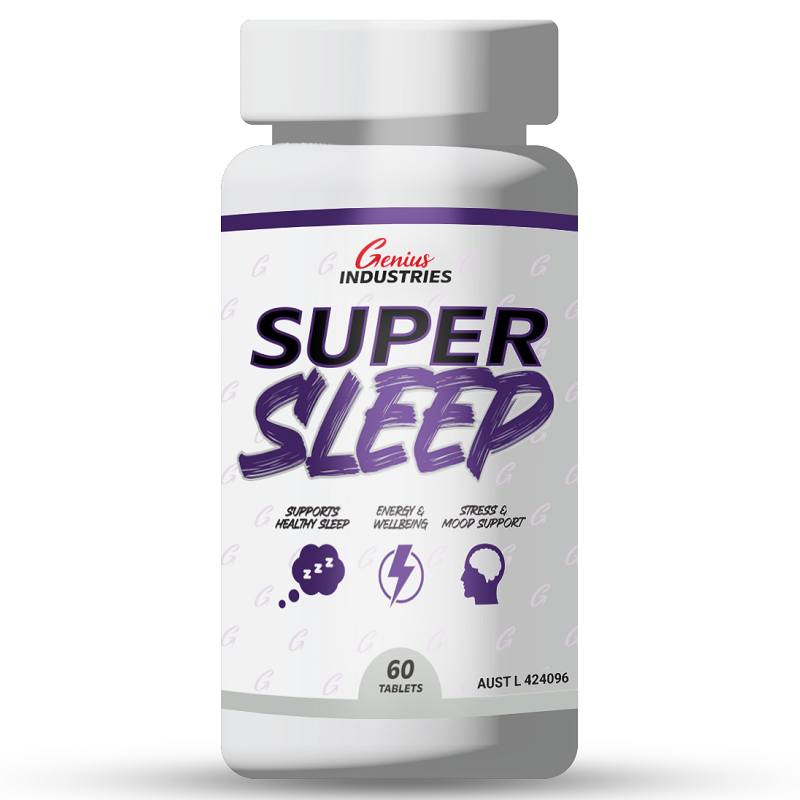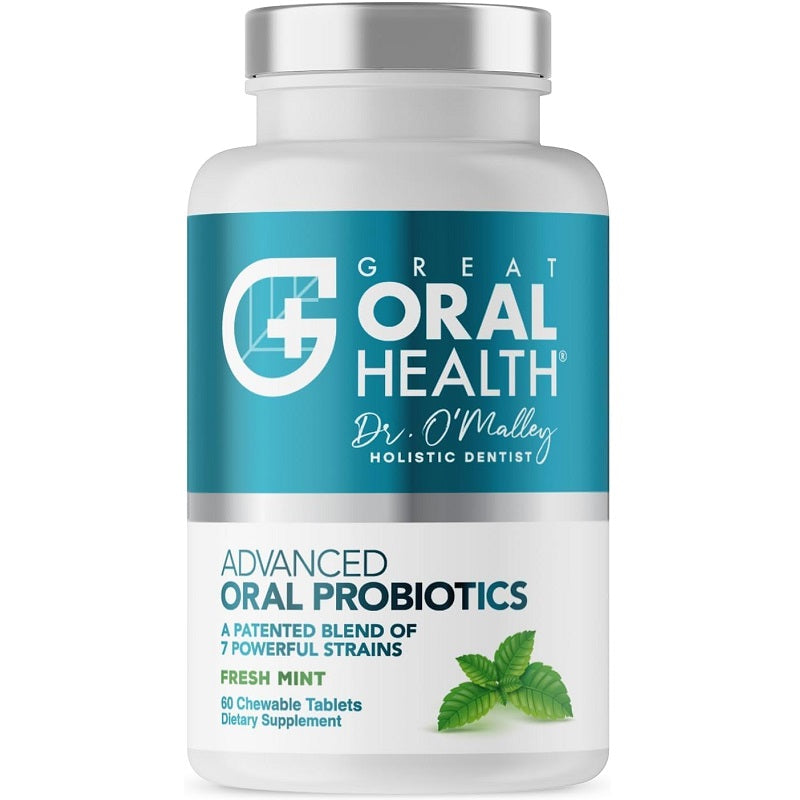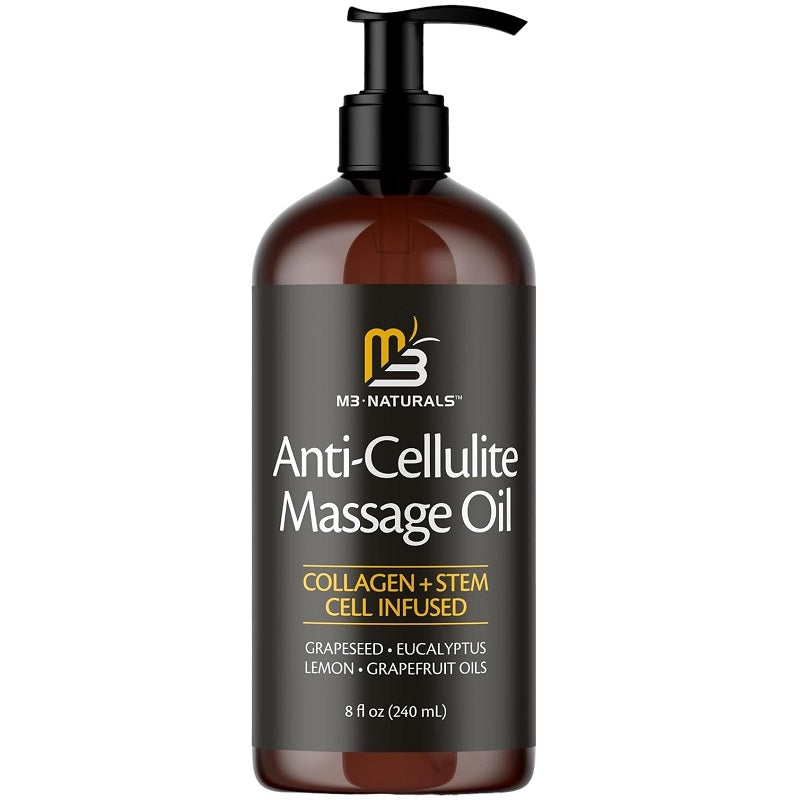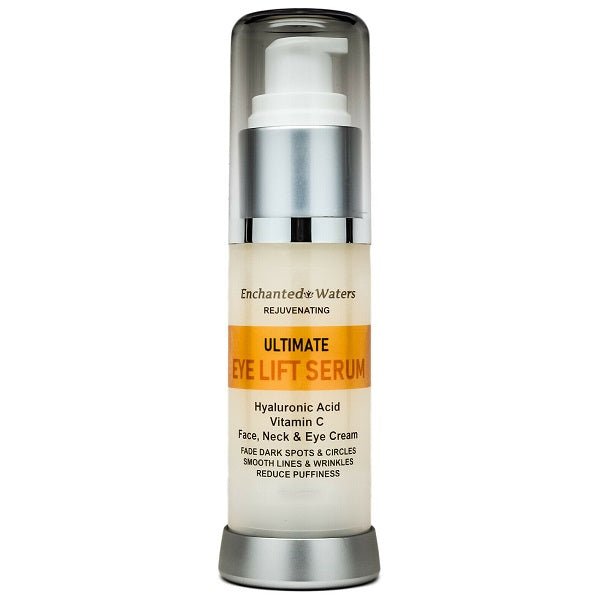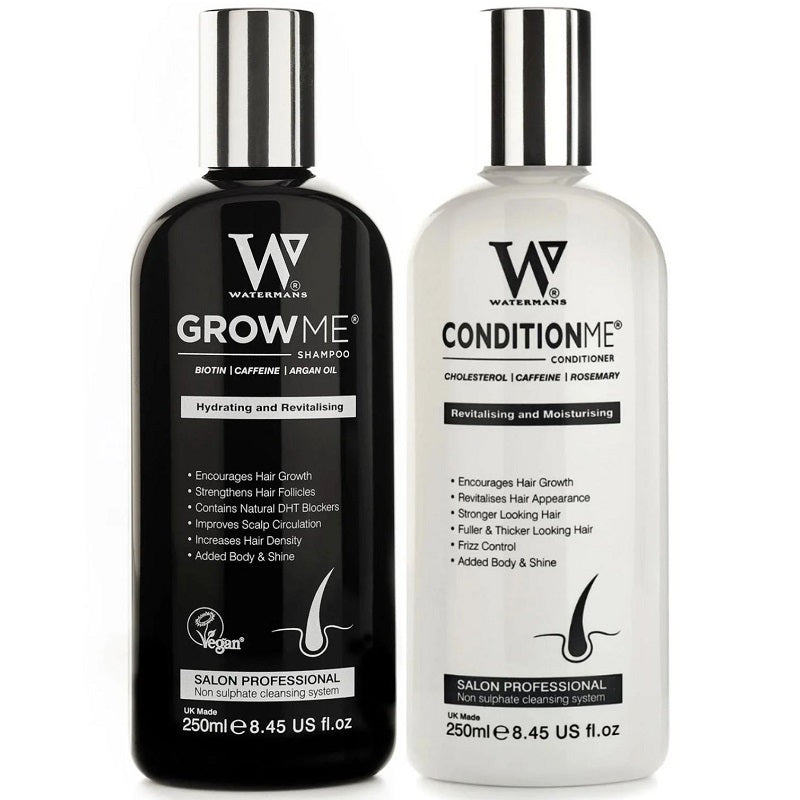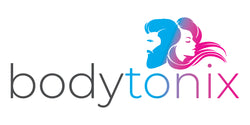Topical vs. Oral Products: Which Is More Effective?
When it comes to looking and feeling your best, there’s no shortage of products promising youthful skin, healthy hair, and slower signs of aging. These solutions usually come in two forms: topical products, applied directly to the skin or scalp, and oral supplementation, taken as capsules, powders, or liquids. Both approaches have benefits, but they work in very different ways. Understanding how they compare can help you choose the right path—or even better, combine them for optimal results.
Topical Products: Direct, Localised Benefits
Topical products work by targeting the surface level of the skin or hair. These include serums, creams, oils, masks, and scalp treatments. Their main strength lies in delivering active ingredients exactly where you want them.
-
For skin: Topicals like retinol, hyaluronic acid, and vitamin C serums can improve hydration, reduce fine lines, brighten dullness, and support collagen production right at the skin’s surface.
-
For hair: Scalp serums and oils containing peptides, caffeine, or botanical extracts can stimulate circulation and improve follicle health.
-
For anti-aging: Ingredients such as antioxidants, peptides, and retinoids applied topically may visibly reduce wrinkles and improve skin texture over time.
However, absorption is limited. The skin is designed to be a protective barrier, which means only certain molecules can penetrate deeply enough to have a lasting effect. This makes topicals excellent for short-term or surface-level improvements, but less effective at addressing deeper, systemic causes of aging.
Pros: Immediate, visible results, targeted action, easy to apply.
Cons: Limited penetration, effects fade if not used consistently, may not address underlying causes.
Oral Supplementation: Working From the Inside Out
Oral supplements—like collagen powders, biotin capsules, or antioxidant blends—work differently. They deliver nutrients through digestion and absorption into the bloodstream, where they can support cells and tissues throughout the body.
-
For skin: Supplements containing collagen peptides, vitamin C, and hyaluronic acid can support skin elasticity, hydration, and repair from within.
-
For hair: Nutrients like biotin, zinc, and amino acids help strengthen follicles and encourage growth at the root level.
-
For anti-aging: Antioxidants such as resveratrol, NMN, and NAD+ boosters can help protect cells from oxidative stress, one of the main drivers of aging.
Unlike topicals, oral supplementation works systemically. This means it doesn’t just target one spot—it addresses nutrient deficiencies, supports cellular repair, and contributes to whole-body health, which in turn reflects on your hair and skin.
Pros: Supports long-term health, tackles root causes, systemic benefits.
Cons: Results take longer to notice, effectiveness depends on digestion and absorption, requires consistency.
Which Is Better for Hair, Skin, and Anti-Aging?
The truth is, both play important roles:
-
Topicals give you faster, localised improvements—think smoother skin or a nourished scalp.
-
Oral supplements support deeper, long-term results by nourishing the body from within.
For example, using a vitamin C serum (topical) can brighten your skin, while also taking a vitamin C supplement (oral) ensures your body has enough of this nutrient to support collagen production overall. Similarly, a scalp serum may boost circulation locally, but supplements with biotin and amino acids provide the building blocks for healthy hair growth.
The Best Approach: Combination Therapy
When it comes to hair, skin, and anti-aging, the most effective strategy is often combining both methods. Topicals handle the surface-level appearance, while oral supplementation strengthens the foundation beneath. Together, they can maximise results, helping you look and feel your best inside and out.
